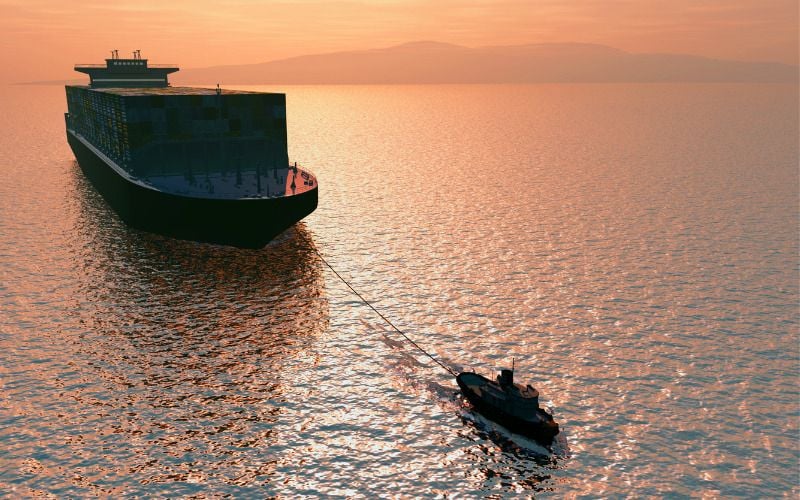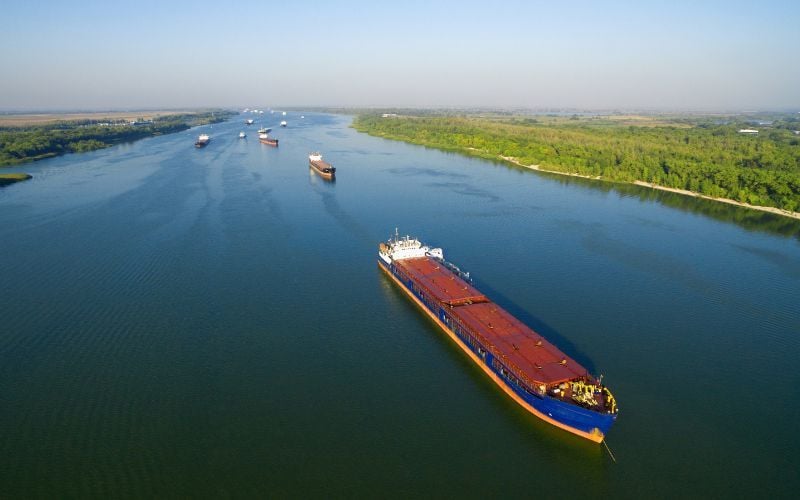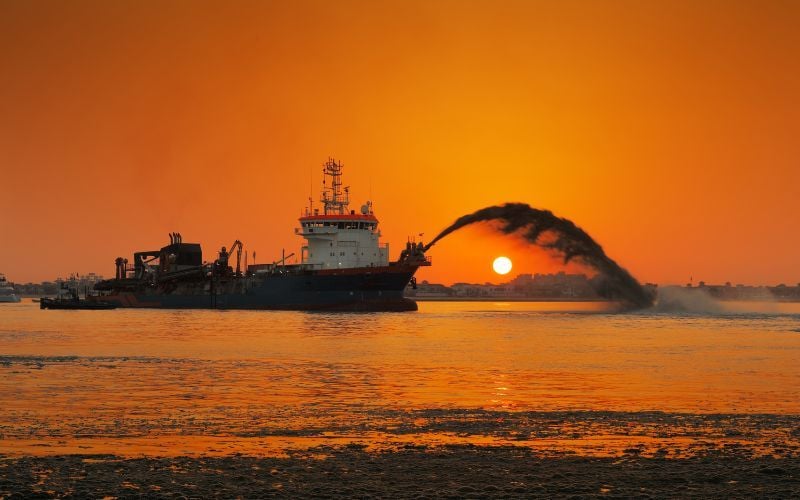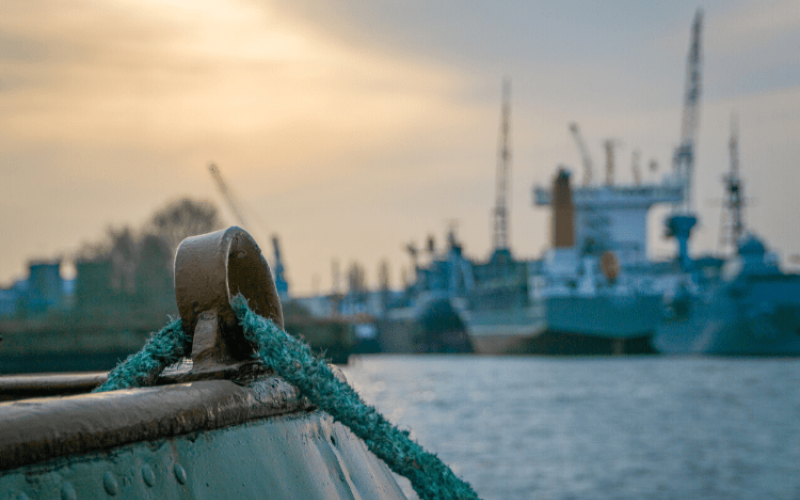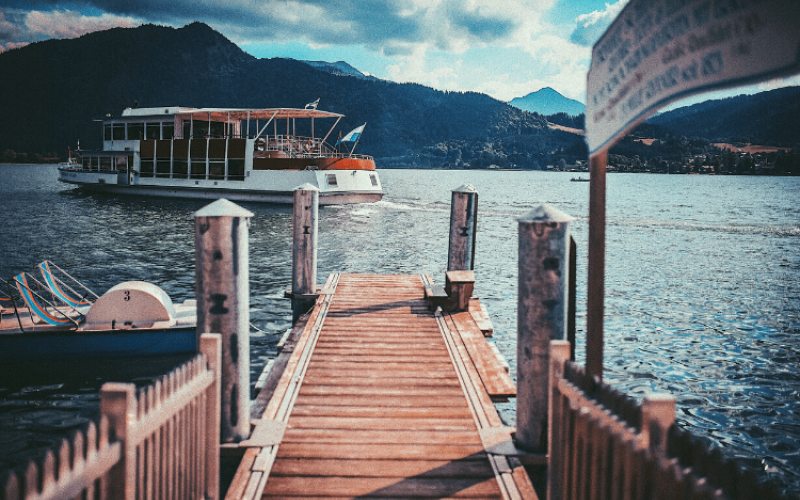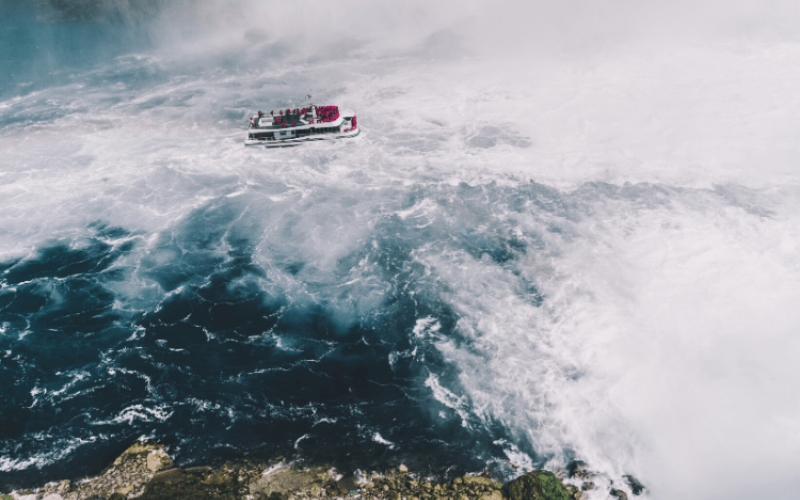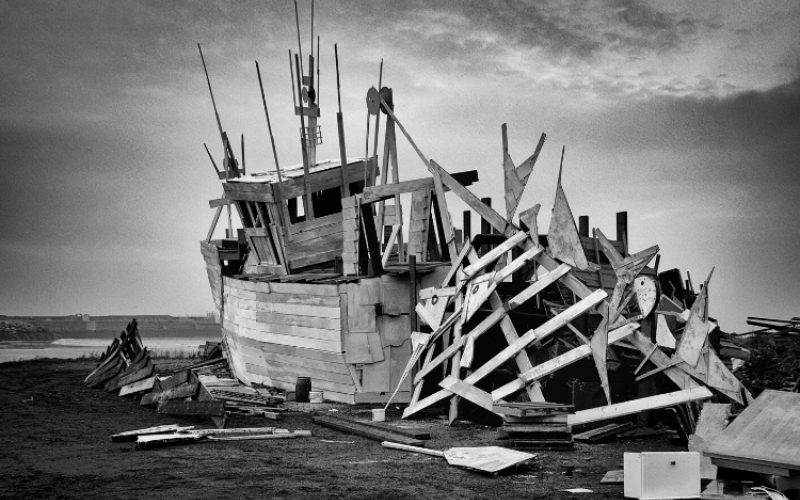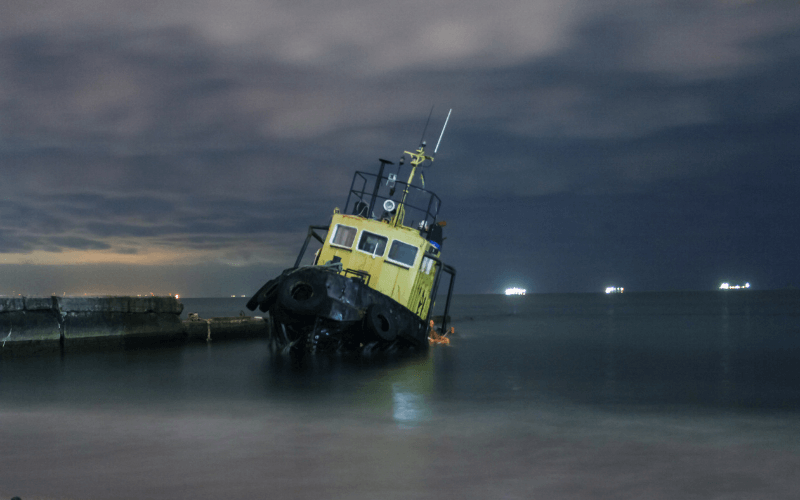What To Do After a Boating Accident
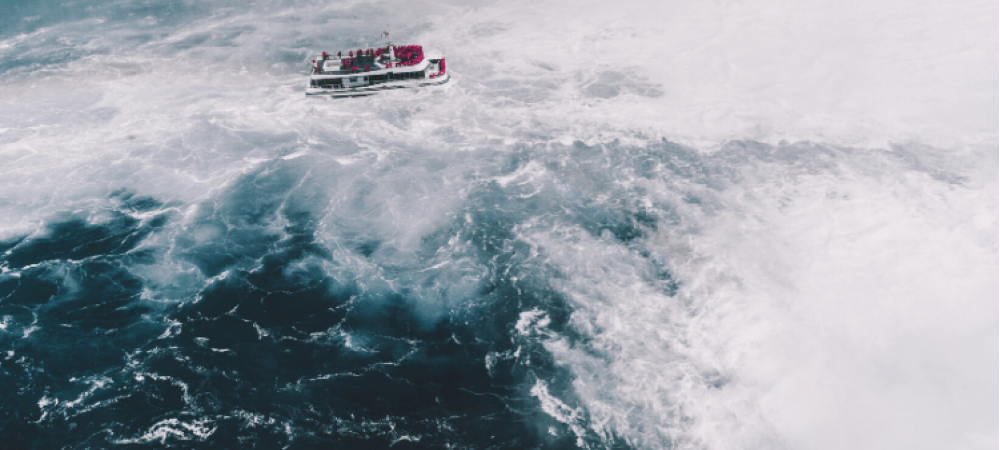
Boating accidents are an entirely different entity than car accidents because of the likelihood of personal injury, damage to the vessel, and the possibility of drowning. Since handling boating accidents are so different from car accidents, many questions can arise: Who is responsible? Who is liable? Who should the accident be reported to, if anyone? Is there insurance coverage?
We will get into these questions and more as we discuss what to do after a boating accident.
What is a “boating accident”?
The United States Coast Guard defines a boating accident as “a situation where a boat passenger dies or becomes seriously injured, a boat passenger disappears and death or injury is suspected, or a vessel causes or sustains damage.” Therefore, boating accidents are not just limited to collisions but also include scenarios where someone is killed, injured, or disappears while boating.
What causes boating accidents?
There are a number of factors that can lead to a boating accident. Over one-third of boating accidents are caused by a driver who is under the influence of alcohol. All states have legislature that criminalizes boating under the influence (BUI) which will result in heavy fines or even the incarceration of those convicted of the offense. Intoxication can lead to strict liability in some jurisdictions. In plain terms, this means that even if the intoxicated person is not factually at fault, liability will be applied to that person from a legal standpoint.
Severe weather is also commonly the cause of boating accidents, namely strong winds, heavy rain, and storms. These conditions can make it difficult for sailors to properly navigate the waters and avoid collisions. Lightning can also be a factor as it may electrocute passengers or damage the boat and its electrical equipment. Prior to setting sail in bad weather, it is best to stay out of the water or get out as soon as possible. If someone is injured as a result of choosing to head out on the water in a storm or failing to head back to shore when the storm arises, this can be considered negligence and can lead to civil liability.
There are, of course, other factors that may have contributed to a boating accident but it’s likely that if you are on this page, you have already been involved in the accident. Identifying the cause will be one of the first steps you and your lawyer go through because it helps to determine who is at fault and liable and what the next steps are.
Accident Liability in Boating Accidents
Similarly to a car accident, a person is at fault for a boating accident if they’ve acted negligently, which essentially means that they’ve failed to conduct themselves as a reasonable human being under similar circumstances. A reasonable person that is driving a boat would have a clear and thorough understanding of safety rules and precautions and ensure that they are adhering to them. They would also be mindful of other passengers and boaters.
While most of the situations we’ve covered would result in civil liability (meaning you will be penalized financially), some boating accidents may fall under criminal liability. People who have incurred losses and damages as a result of a boating accident may choose to sue the boater. Or, the state may choose to bring criminal charges against a boater if the accident was caused because of intoxication or reckless operation of the vessel.
It may not be the case in every boating accident that the driver of the boat is liable for the accident. In some situations, a passenger of the boat may have caused the accident and may be liable. The rules of liability are generally the same as on land bearing in mind that some accidents can be caused without direct contact of another boat, i.e. when boats create a dangerous wake causing other vessels to capsize.
Filing a Boating Accident Report
According to the US Coast Guard, the operator of the boat must file an accident report in the case of a boating accident that causes significant property damage or personal injury. This does not always happen, however, so you may need to take steps to contact local authorities and ensure that the boating accident is properly reported.
The specifics of boating accident reports vary from state-to-state. In most cases, however, if a personal injury or death results from the boating accident, the report must be filed within 48 hours, but preferably sooner. If the accident caused only property damage, the report must be filed typically within 10 days of the accident. Failure to do so is considered a crime.
Boating Insurance
Not all jurisdictions require that boat owners have insurance. In the case of a boating accident, find out whether the boat owner has insurance as that may fund a settlement or judgment.
Boating laws vary from state to state and sometimes even within the stat. It is important to know exactly what your rights are and how to go about recovering your damaged property or personal injuries. For that reason it is in your best interest to contact a local, qualified, and experienced Maritime attorney like Montagna Law, to assist in your claim. Use our contact page today.
"*" indicates required fields




